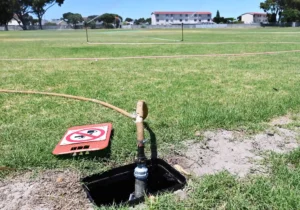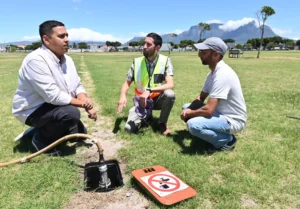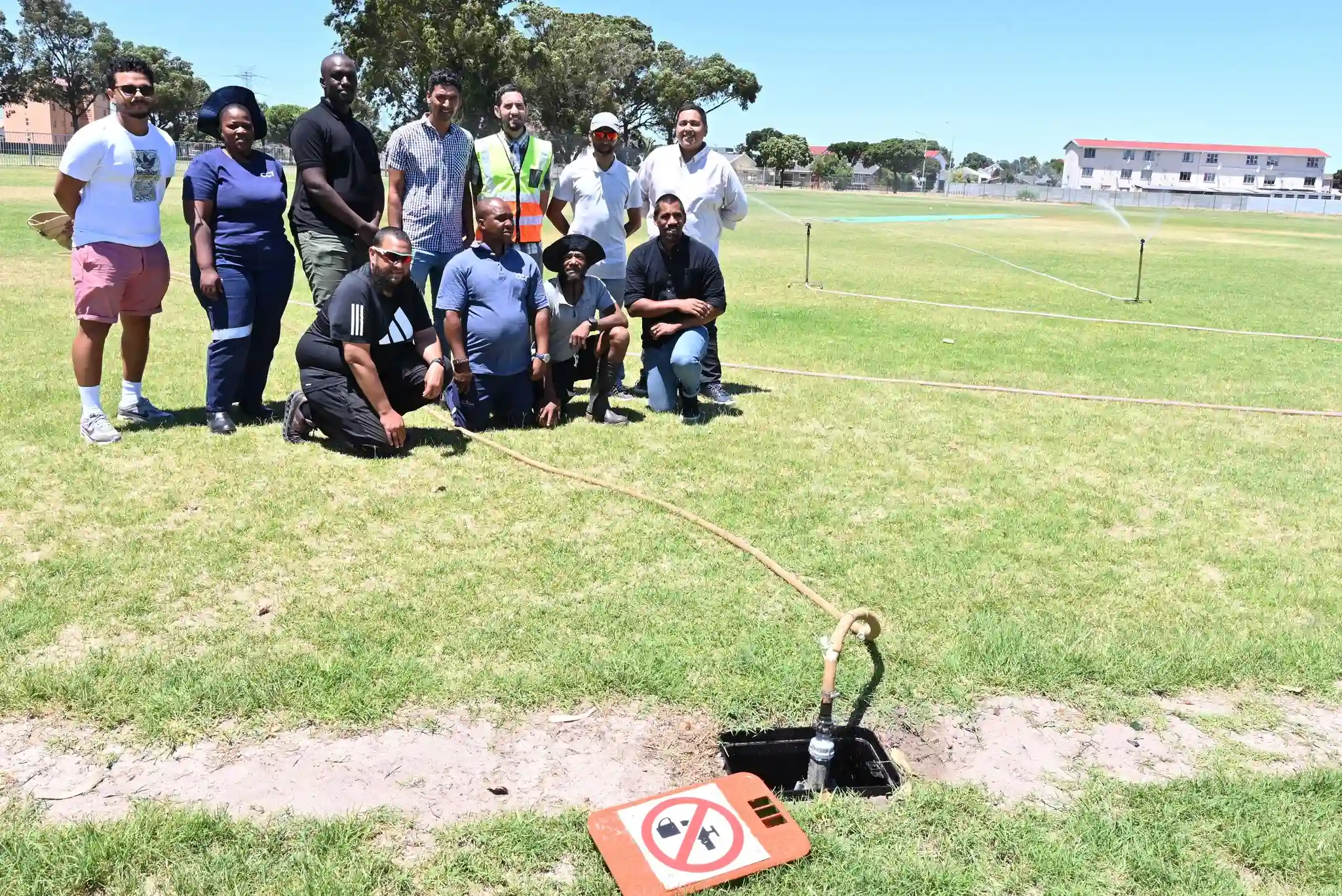Cape Town: Recreation and Parks facilities of the City of Cape Town for irrigation, treated the effluent connections that are commissioned an estimated 2.5 million litres to 3.5 million litres of drinking water at 120 recreation facilities, that will be saved daily.
While using the treated effluent for irrigation and industrial purposes is an excellent way to help conserve the water supply of Cape Town and to save on costs. However, the treated effluent is wastewater that has been purified at wastewater treatment works, where contaminants are removed before it is safely reused for irrigation and industrial purposes.
Reportedly, a pipeline network has been extended to almost 283km, treated effluent which is being supplied from nine City of Cape Town wastewater treatment plants i.e. Athlone, Bellville, Cape Flats, Kraaifontein, Macassar, Potsdam, Scottsdene, Zandvliet and Melkbosstrand.

Considering this, Member of the Mayoral Committee for Water and Sanitation – Councillor Zahid Badroodien said that the City of Cape Town will invest R65 million towards increasing the treated effluent infrastructure, during the 2024-25 financial year.
The investment will also include the upgrade of Bellville pump station and the pipeline to supply to Kuils River, the new Scottsdene pump station and Phase-1 of its pipeline and the new Zandvliet pump station. These projects are planned for completion during the next financial year.
Moreover, the Recreation and Parks Department in collaboration with the Water and Sanitation Directorate entered into a formal agreement, as a part of the ongoing roll-out, to switch into using the treated effluent for irrigation of City owned sportsfields and other recreation facilities.

There are now 120 facilities connected to the treated effluent supply system, with more earmarked as added to offset the use of drinking water.
Councillor Badroodien, further mentioned that as the City of Cape Town drives initiatives for infrastructural development which supports the vision of becoming a water-resilient city, their team encourages more private business and industries to take up the win-win opportunity.
Notably, the treated effluent costs much less and one can also help to conserve valuable drinking water when making the switch, for the purposes of irrigation or industrial processes.

